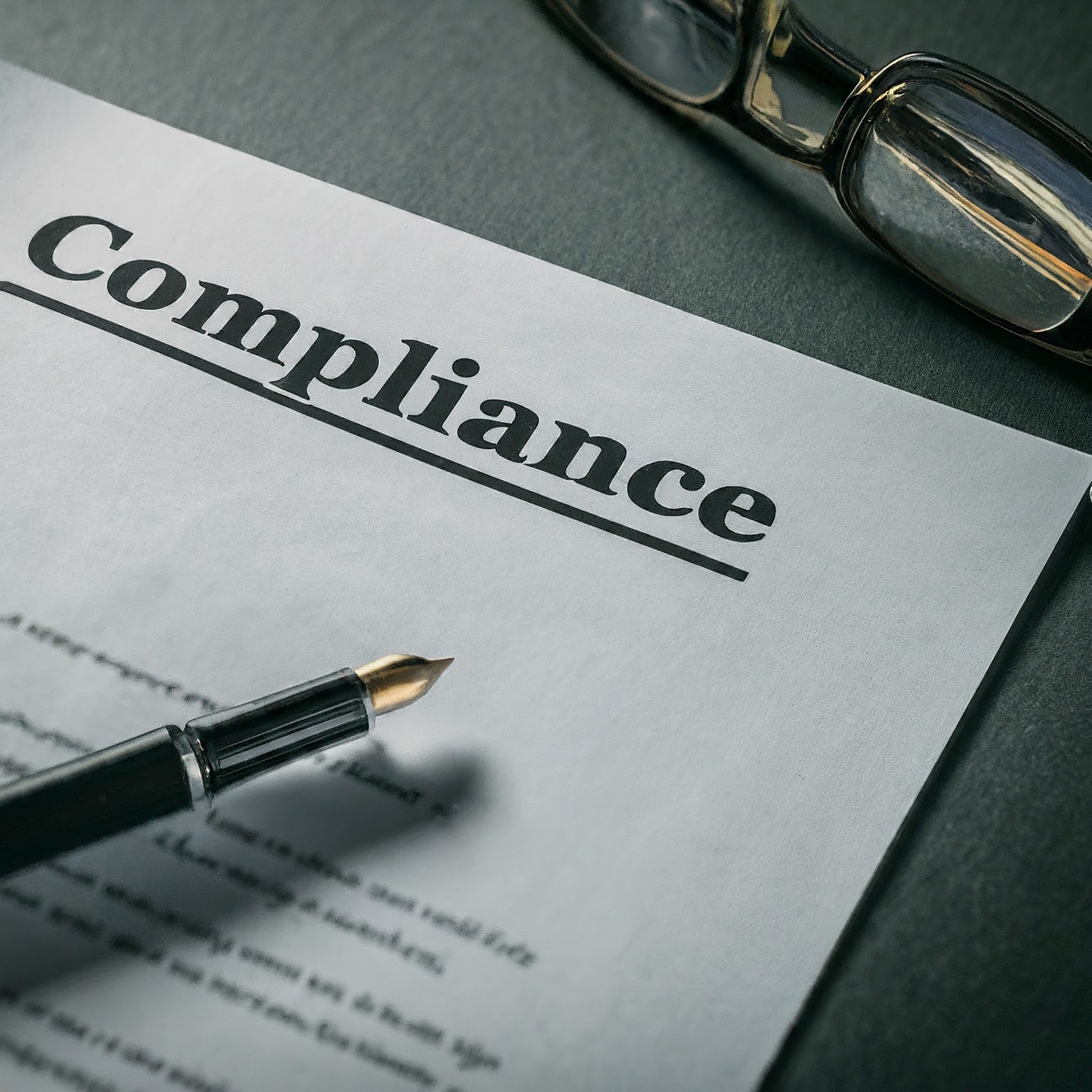Maximizing Savings and Minimizing Expenses With Tax Deductions For Small Businesses
Running a small business is no small feat. Between managing daily operations, attracting customers, and keeping up with market trends, there’s one crucial aspect that often feels like navigating a labyrinth: taxes. But fear not, savvy entrepreneurs! With the right knowledge and strategies, you can maximize savings and minimize expenses through smart use of tax deductions. Let’s explore how you can keep more of your hard-earned money where it belongs – in your business.
Understanding Tax Deductions
Tax deductions are expenses that the IRS allows you to subtract from your taxable income, effectively lowering your tax liability. By leveraging these deductions, you can significantly reduce the amount of taxes your business owes, freeing up capital for growth, innovation, or even a well-deserved bonus.
Common Tax Deductions for Small Businesses
- Home Office Deduction:
- If you operate your business from home, you may be eligible for the home office deduction. This includes a portion of your rent or mortgage, utilities, insurance, and other home-related expenses. The key is that the space must be used exclusively and regularly for business purposes.
- Business Equipment and Supplies:
- Items such as computers, printers, office furniture, and other essential equipment can be deducted. Keep track of all receipts and invoices to ensure you’re claiming everything you’re entitled to.
- Travel Expenses:
- Business-related travel, including transportation, lodging, and meals, can be deducted. Make sure to keep detailed records of your trips, including the purpose of the travel and expenses incurred.
- Marketing and Advertising:
- Costs associated with marketing and advertising your business, from social media ads to promotional materials, are deductible. This also includes expenses for website development and maintenance.
- Professional Services:
- Fees paid to accountants, lawyers, consultants, and other professionals who provide services to your business can be deducted. These experts often help streamline your operations and ensure compliance with various regulations.
Lesser-Known Deductions
- Education and Training:
- Investing in your skills or those of your employees can be deducted. This includes costs for courses, workshops, seminars, and even books that are directly related to your business.
- Bad Debt:
- If you’ve made efforts to collect money owed to you but haven’t succeeded, you can write off these bad debts as a deduction.
- Interest on Loans:
- Interest paid on business loans or credit cards used for business expenses is deductible. This can help ease the burden of financing your operations or expansion.
- Health Insurance Premiums:
- If you’re self-employed, you can deduct premiums paid for health insurance for yourself, your spouse, and your dependents.
- Charitable Contributions:
- Donations made to qualified charitable organizations can be deducted. This not only benefits your community but also reduces your taxable income.
Tips for Maximizing Deductions
- Keep Detailed Records:
- Maintain organized and thorough records of all your business expenses. Use accounting software to track expenditures and generate reports that make tax time a breeze.
- Separate Personal and Business Finances:
- Always keep your personal and business finances separate. This makes it easier to track deductible expenses and avoid potential issues with the IRS.
- Consult a Tax Professional:
- Tax laws are complex and constantly changing. A tax professional can help you navigate these complexities and ensure you’re taking advantage of all available deductions.
- Plan Ahead:
- Consider your tax strategy throughout the year, not just at tax time. Strategic planning can help you make decisions that maximize deductions and minimize tax liability.
- Stay Informed:
- Keep up with changes in tax laws that might affect your business. Subscribing to newsletters from reputable tax advice sources or joining a small business association can keep you updated on relevant changes.
Final Thoughts
Maximizing savings and minimizing expenses through tax deductions isn’t just about reducing your tax bill – it’s about smart financial management and strategic planning. By understanding the deductions available to you and implementing effective record-keeping practices, you can keep more money in your business, fueling growth and success. Remember, the goal is to work smarter, not harder, and leveraging tax deductions is a powerful tool in your business arsenal.














Post Comment